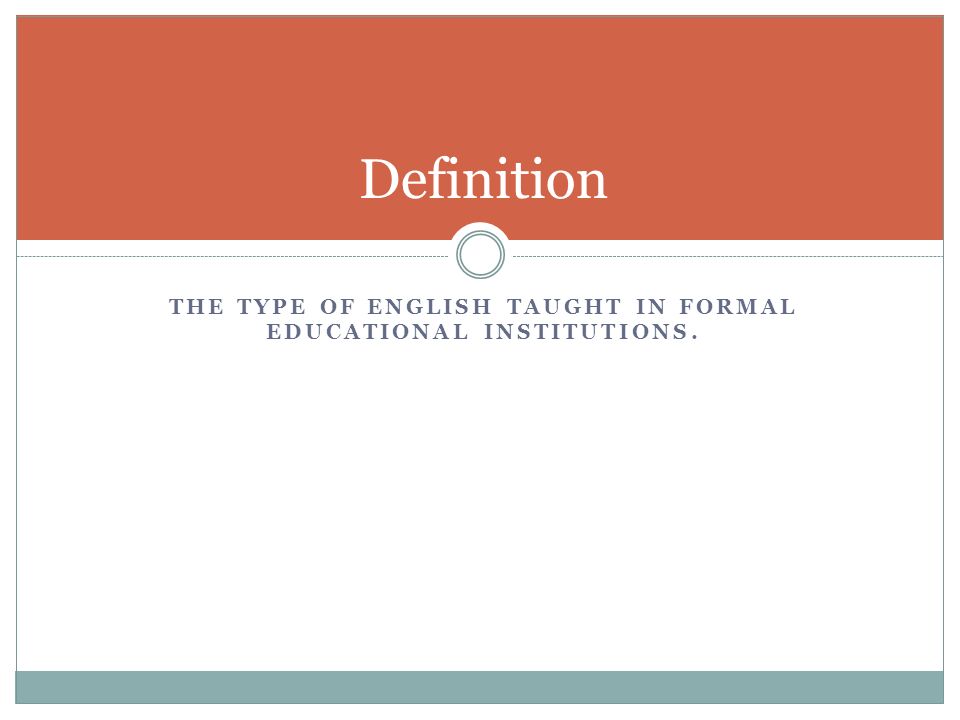Which of the Following is Correct Regarding the Use of Formal English?
Formal English is a crucial aspect of communication, especially in professional settings, academic environments, and formal written documents. It embodies a standardized and proper form of the language that adheres to specific rules and conventions. In this article, we will explore the essential elements of formal English usage, discuss its advantages, compare it with informal English, and provide useful tips for mastering the art of using formal English effectively.
1. Definition of Formal English

Definition of Formal English
Formal English is a variant of the English language that employs a standard structure, vocabulary, and syntax. It is characterized by its adherence to strict grammar rules and the avoidance of colloquial expressions, contractions, and slang. This form of language is commonly used in official documents, business communication, academic papers, and professional settings.
2. Advantages of Using Formal English

Advantages of Using Formal English
2.1. Clarity and Precision: One of the primary advantages of formal English is its ability to convey complex ideas and information clearly and precisely. The use of proper grammar and vocabulary enhances the overall clarity of the message, leaving no room for misunderstandings.
2.2. Professionalism: In professional settings, using formal English is essential as it conveys a sense of professionalism and respect. It establishes a level of formality that is crucial in business communications and interactions with colleagues and superiors.
2.3. Credibility and Authority: Formal language often carries a sense of authority and credibility. When communicating important information, such as in academic papers or official documents, using formal English can enhance the perceived trustworthiness of the writer or speaker.
2.4. Universality Formal: English is widely recognized and understood by speakers of the language worldwide. Its universality makes it an essential tool for international communication and cooperation.
3. Differences Between Formal and Informal English
Formal and informal English differ significantly in their usage, tone, and purpose. Here are some key distinctions:
| Aspect | Formal English | Informal English |
| Vocabulary | More extensive and precise | Relies on colloquialisms and slang |
| Pronouns | Third-person pronouns preferred | First and second-person pronouns common |
| Sentence Structure | Complex sentences with proper syntax | Simple sentences and fragments |
| Contractions | Generally avoided | Freely used |
| Prepositions | Formal prepositions preferred | Informal prepositions more common |
| Tone | Serious, respectful, and professional | Casual, friendly, and conversational |
4. Common Mistakes to Avoid in Formal English
4.1. Incorrect Verb Usage: Ensure subject-verb agreement is accurate, especially in complex sentences.
4.2. Misplaced Modifiers: Pay attention to the placement of adjectives and adverbs to avoid ambiguity.
4.3. Colloquial Expressions: Steer clear of informal phrases and idioms not suitable for formal contexts.
4.4. Excessive Abbreviations: In formal writing, spell out words instead of relying on abbreviations.
Mastering the use of formal English is essential for effective communication in professional, academic, and formal settings. It offers numerous advantages, such as clarity, professionalism, and universality. Understanding the differences between formal and informal English empowers individuals to tailor their language to specific contexts appropriately. By avoiding common mistakes, writers and speakers can confidently use formal English and leave a lasting impression of competence and professionalism.